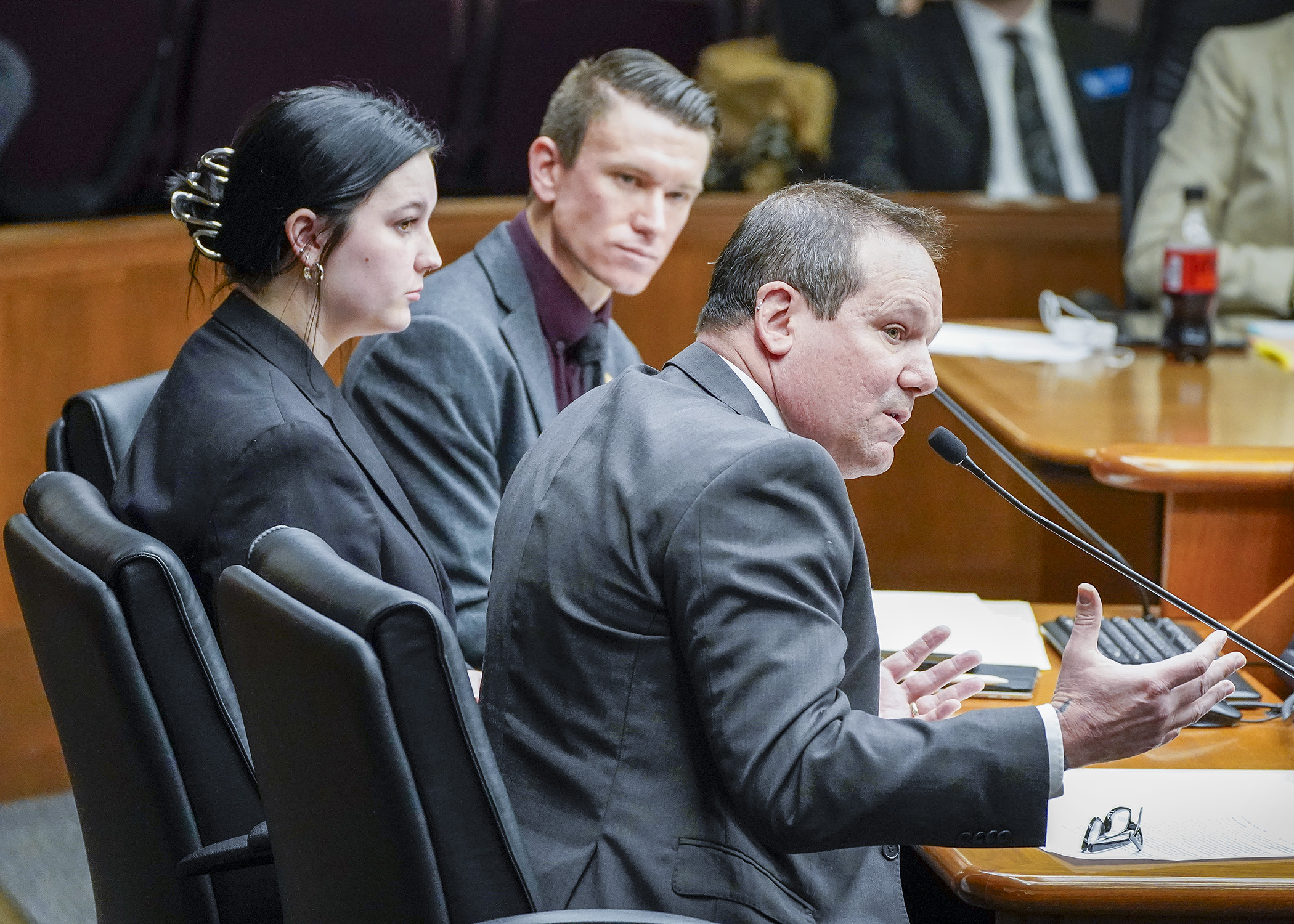Legislators consider increasing funding to recovery school program funding for first time in decade

“I would not be standing here today, or be the young woman I am today, without P.E.A.S.E Academy.”
That’s the message Lucy Getschow, a senior at Peers Enjoying A Sober Education Academy in Minneapolis, shared with the House Education Finance Committee Thursday. She recalled her struggles with substance abuse at a young age and how recovery school has helped.
“I am almost on my way to graduating high school, which is something I never thought I would do,” she said. “Going off to college and pursuing a major in nursing was something I never could have dreamed of when I was 15 years old.”
Sponsored by Rep. Matt Norris (DFL-Blaine), HF2764, as amended, aims to give Minnesota recovery school programs an increase in funding to keep helping students like Getschow.
The bill was laid over for possible inclusion in a later bill.
Recovery schools offer courses that provide academic services, assistance with recovery, and continuing care to students recovering from substance abuse or dependency. A recovery program may be offered in a transitional academic setting designed to meet graduation requirements.
Six school districts in Minnesota have recovery schools: Detroit Lakes, Rochester, St. Cloud, Mankato, Minnesota Transitions Charter School, and White Bear Lake.
Michael Durchslag, the academy director, said the proposed legislation would provide the first increase in funding for recovery program schools since 2014.
“The lack of funding for these programs erodes the safe and supportive environment that recovery schools provide our vulnerable youth,” he said. “As the need for recovery schools increases, the funding support has stayed stagnant for a decade, and now many programs face significant financial challenges.”
The bill would boost funding for recovery schools from $125,000 to $325,000 per year to pay for a portion of the costs for recovery program support staff, student and family recovery support staff, and approved pupil transportation expenses.
It would also expand eligible services to include student and family recovery support staff and require school recovery programs to be accredited by the Association of Recovery Schools or another organization recognized by the Department of Education.
“These grants can be used in a wide variety of ways,” Norris said. “With student mental health and substance abuse only getting worse since the pandemic, these services are needed more than ever. We can’t afford to have any of these schools close for financial reasons.”
Related Articles
Search Session Daily
Advanced Search OptionsPriority Dailies
Speaker Emerita Melissa Hortman, husband killed in attack
By HPIS Staff House Speaker Emerita Melissa Hortman (DFL-Brooklyn Park) and her husband, Mark, were fatally shot in their home early Saturday morning.
Gov. Tim Walz announced the news dur...
House Speaker Emerita Melissa Hortman (DFL-Brooklyn Park) and her husband, Mark, were fatally shot in their home early Saturday morning.
Gov. Tim Walz announced the news dur...
Lawmakers deliver budget bills to governor's desk in one-day special session
By Mike Cook About that talk of needing all 21 hours left in a legislative day to complete a special session?
House members were more than up to the challenge Monday. Beginning at 10 a.m...
About that talk of needing all 21 hours left in a legislative day to complete a special session?
House members were more than up to the challenge Monday. Beginning at 10 a.m...